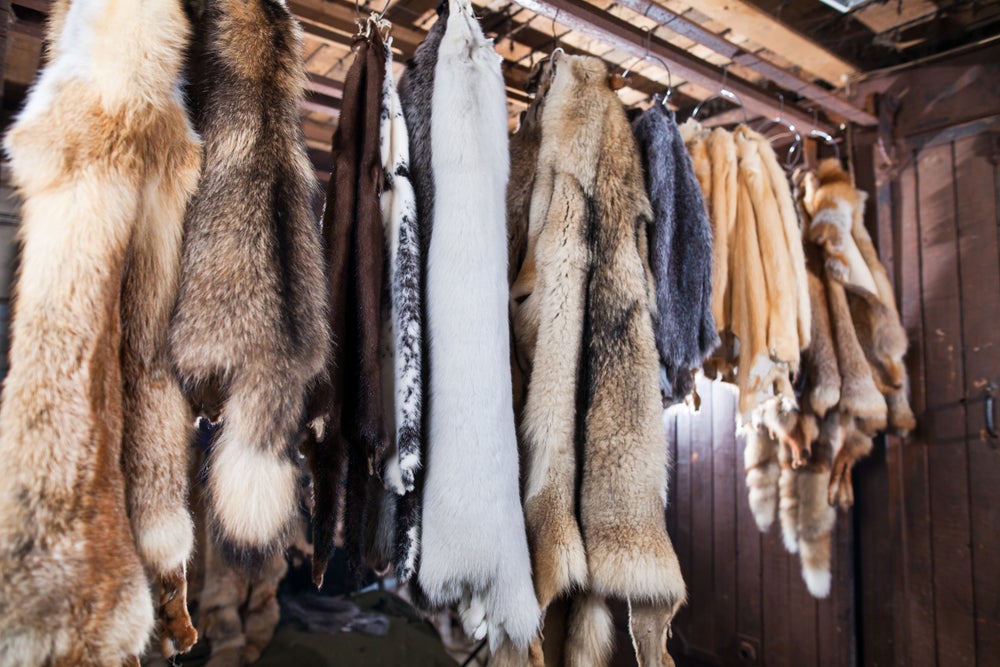H&M has reaffirmed its commitment to animal welfare by pledging to source animal fibres exclusively from certified farms, in line with its Animal Welfare Policy.
The retailer emphasised that no animals should be harmed in the production of its goods, underscoring its goal to transition toward recycled and sustainably sourced materials across all its product lines.
A spokesperson from H&M told Just Style that around 90% of the down and feathers in its current products already come from post-consumer recycled sources.
In line with its ambition to reduce dependency on virgin resources, H&M further aims to increase its share of recycled animal fibres. The retailer is also exploring alternative materials that can offer the same qualities as those from animals without causing harm to animals.
H&M detailed its stringent requirements for materials of animal origin, such as wool, leather, and down: "We say a big no to fur and for many years we have banned the use of exotic skin, as well as any material deriving from endangered species."
While cashmere is a popular and high-quality material, H&M acknowledged the environmental and animal welfare challenges associated with it. To address these concerns, the retailer aims to source all virgin cashmere from farms certified to the Good Cashmere Standard (GCS), with 99% already meeting this standard in 2022.
The long-term goals for H&M’s use of animal-based materials include:
- Sourcing all animal fibres from responsible farms certified to animal welfare standards by 2025.
- This includes virgin wool from farms certified by the Responsible Wool Standard; virgin cashmere from GCS-certified farms; alpaca wool from the Responsible Alpaca Standard; and mohair from Responsible Mohair Standard farms.
- Since 2015 only source virgin down from farms that are certified according to the Responsible Down Standard.
- Source only recycled, post-consumer down and feathers by the end of 2025.
H&M added it has not used Angora wool since 2013, and since 2023, it sources all mohair from farms certified to the Responsible Mohair Standard.
The retailer said it collaborates with stakeholders and industry experts to improve transparency and standards for wool, cashmere, leather, and down, while supporting campaigns like the Humane Society International’s Be Cruelty-Free, which advocates for a global ban on animal testing in beauty products.
H&M’s initiatives align with broader industry efforts to explore next-generation materials, as highlighted by a report from the Material Innovation Initiative (MII). The report identified untapped potential within the next-generation materials industry, focusing on alternatives to silk, wool, down, and fur.









